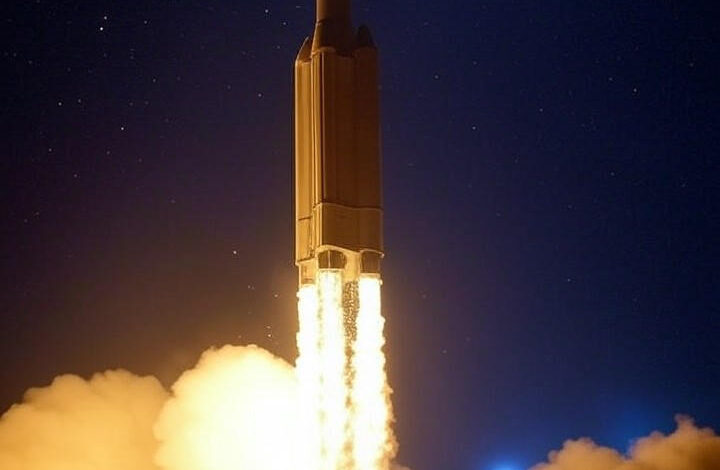AI Transforms Space Operations: Efficiency and New Frontiers

In a significant development for the space sector, artificial intelligence is driving transformative changes across various operations, from satellite management to deep-space exploration. At a recent summit in Seattle, industry leaders, including executives from Blue Origin and SpaceX, discussed how AI technologies are enhancing efficiency and safety in space missions. These advancements include the use of machine learning algorithms that optimize rocket trajectories in real time, leading to fuel savings of up to 15% and a reduction in mission risks.
AI’s influence extends beyond operational efficiencies. Companies are now implementing AI-driven predictive analytics to foresee satellite failures, utilizing extensive datasets from orbital sensors. Insights shared at the summit indicated that such technologies could extend the lifespan of satellite constellations like Starlink by several years, potentially resulting in savings of billions of dollars in replacement costs.
AI’s Role in Autonomous Systems
As missions progress further from Earth, the demand for self-reliant spacecraft has grown, with AI taking on critical decision-making roles without the need for constant human intervention. Moreover, AI is revolutionizing data processing capabilities in space. For instance, NASA is employing neural networks to analyze vast amounts of cosmic data, identifying patterns that human analysts might overlook. This capability is particularly vital for missions involving the James Webb Space Telescope, where AI algorithms enhance image clarity and improve the detection of exoplanets.
Private companies are leading the way in integrating AI into space technology. A report from Lockheed Martin highlights the significance of AI in advanced communications, facilitating seamless coordination between ground stations and lunar landers. This integration is crucial for planned human exploration, where AI could autonomously manage life-support systems during extended missions on the Moon.
Challenges and Future Prospects
Despite the promise of AI in advancing space innovation, challenges such as data security and algorithmic bias persist, prompting discussions around the need for regulatory frameworks to ensure safe deployment. Looking ahead, the combination of AI with quantum computing is expected to unlock new possibilities. According to a McKinsey technology trends outlook for 2025, hybrid AI-quantum systems could simulate asteroid mining scenarios with high accuracy, potentially disrupting traditional mining industries by offering sustainable alternatives.
Innovative startups are also emerging at the intersection of AI and robotics. The StartUs Insights guide on space technology trends highlights ventures working on AI-powered drones designed to remove orbital debris, addressing the increasing concern of space junk that endangers active satellites.
Investment in AI-focused space ventures is surging, with analysts predicting exponential growth. Strategic partnerships will be essential to navigate geopolitical tensions and supply chain vulnerabilities. The European Space Agency is focusing on AI, promoting global collaboration through initiatives aimed at standardizing AI protocols for international missions. In the United States, policy discussions are intensifying regarding the role of AI in national security, especially concerning the mitigation of adversarial satellite interference.
As the space industry increasingly adopts AI technologies, this shift heralds a new era of intelligent, adaptive systems. The discussions at the Seattle summit underscored the importance of balancing innovation with oversight to fully harness AI’s potential while avoiding unforeseen consequences. The convergence of technology and exploration promises to redefine humanity’s reach into the cosmos, fostering both economic growth and scientific advancements.






